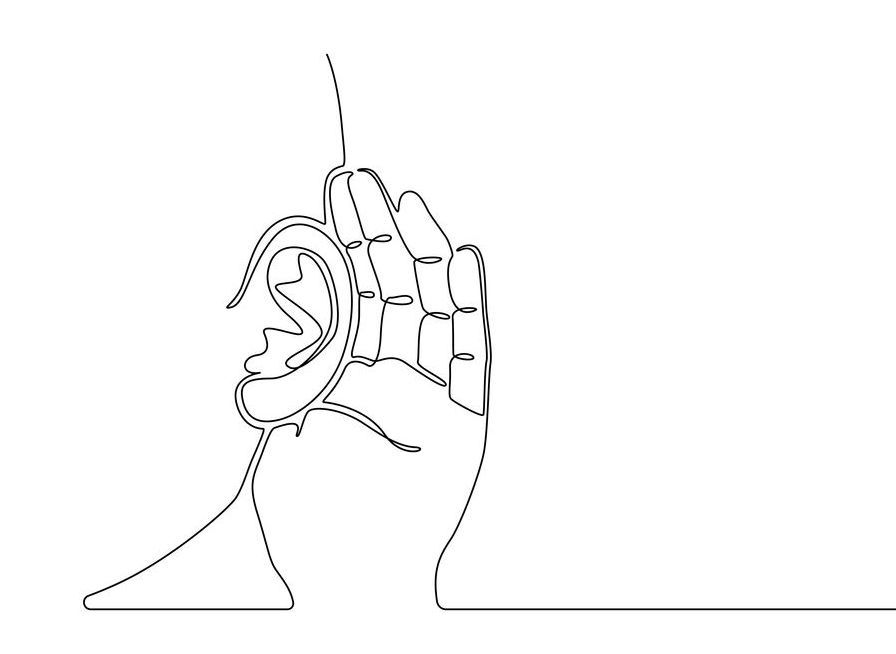People say the darndest things. Or do they?
After four days of panels, meetings and coffee breaks in London at the World Agri-Tech and Future Food Tech shows, AgFunderNews has compiled a list of quotes we heard from attendees on the state of the industry. I could fill a 5,000-word post with all the insights, but neither you nor I have time for that, so let’s go with the highlights.
From the profound to the prescriptive to some bizarre-yet-insightful thoughts, here’s a sampling of what my colleague Louisa Burwood-Taylor and I heard in London last week.
On startup survival:
“Swallow your ego.”
“Don’t be like an entrepreneur. Act as an entrepreneur.”
On poop (for gut microbiome tests):
“I think there’s a very big difference between English poo culture and European poo culture.”
“Seven years ago . . . everybody told us, ‘How are we going to get people to poo?’ Actually, it’s easy — people poo like 365 days a year, right? It’s much more scary and difficult to take a blood test.”
“In an ideal world, I think we would have a different means of analyzing the microbiome that was more patient or customer friendly.”
On gene editing:
“We are now living in a CRISPR supermarket. The problem is not how to edit. Different companies use different tools; the bottleneck is the targets. What to edit, not how to edit.”
“We’re not talking about putting an elephant gene in a rhinoceros.”
On the general state of agrifoodtech:
“This is not the time of dreaming; it’s the time of waking up and action.”
“In the early days, you had agtech funds and then you had foodtech. Then suddenly, the agtech guys were like, ‘We’re not making any money so we’re gonna do foodtech.’ Now the foodtech guys are like, ‘We’ve made all there is to make, we’re gonna do agtech.'”
On carbon markets:
“When it comes to soil carbon, there are more questions than answers in terms of whether it’s investable.”
“There are a plethora of reasons why they’re not working very well at all at the moment, which have been documented in many studies. They’re not necessarily additional and not necessarily permanent and often sold many times over. There are many instances of how the markets are not delivering the outcomes that we need.”
On alternative meat and dairy products:
“It’s renovation, not innovation.”
“I hope we move beyond mimicry of existing foods and start to create truly novel experiences that consumers love, that don’t exist today. I think we’re headed down that track.”
On cultivated meat’s reality check:
“This is a space we started 5, 6, 7 years ago; it’s nothing. It cannot scale up immediately. It cannot standardize immediately. We’re not going to have the exit models immediately. Eventually, we need to get to market winning products, but not everything is solved in the first decade of a new space of technology.”
“Maybe [there’s a chance for a company to raise $150 million to build their first manufacturing facility at scale] but it won’t be from a VC.”
On farmers:
“‘Farming and farmers should be our focus when we talk about technology. Without farmers, we’re not going to have food security.”
“It’s really important to policy that we place farmers in the center of innovation. They need access to finance, knowledge, etc.”
“What farmers produce is not unhealthy. What we produce along the value chain makes an unhealthy product.”
On the case for more synbio in food:
“We can’t deforest the Amazon for some exotic species of plant that produces a really interesting, delicious molecule we need in our food system. We’ve done that before and it’s not a good outcome. There need to be other systems, other production tools that we can use to make these ingredients more available for broad application and everyday foods.”
On Britain’s future as an agrifood powerhouse:
“The only way we will get this country out of the boom and bust economics and politics of an overly reliant, fragile service economy based far too much on consumer booms is to invest properly in the deep science research, technology and innovation that’s driving the global markets of tomorrow and can attract billions of investments into this country.”





